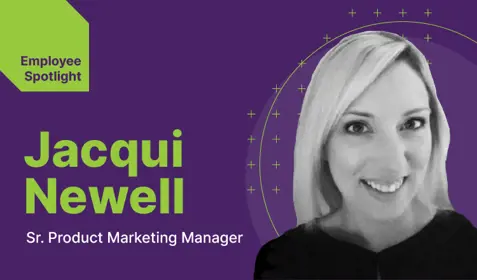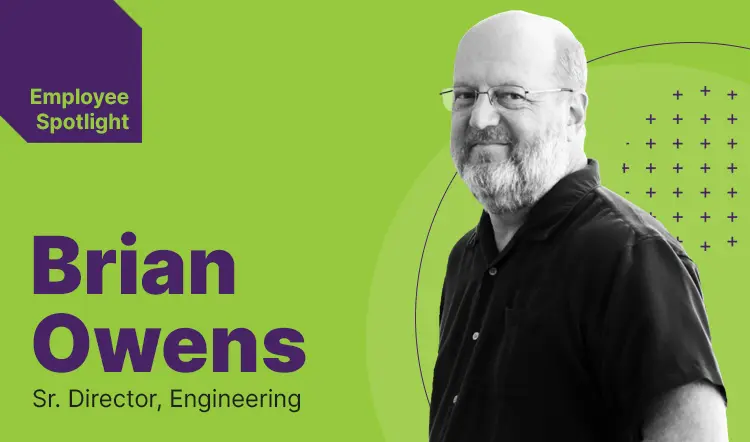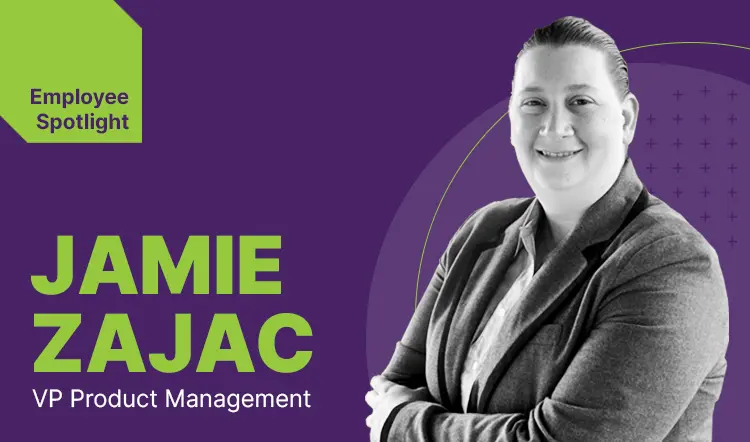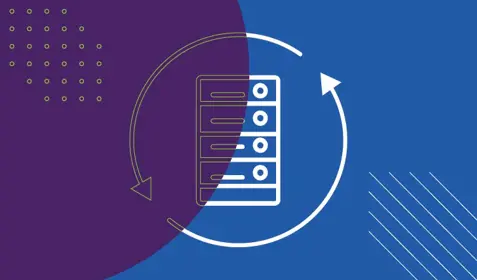Recently, members of the Carbonite team were honored with several Stevie® Awards for customer service excellence. Since 2002, the Gold Stevie Award for sales and customer service has been conferred for achievement in business to organizations and individuals in more than 60 nations. These achievements underscore the important role customer service plays in the success of any business. In addition to two awards for the whole department, two team members were recognized for individual achievements. Here are details on their awards.
- GOLD STEVIE® WINNER
Contact Center Professional of the Year: Craig Becerril, Lead Technical Support Specialist
This category acknowledges the achievements of non-executive professionals who work in a call or contact center.
- BRONZE STEVIE® WINNER
Contact Center Leader of the Year: Erik Price, Director of Technical Support
This category honors the achievements of senior contact or call center executives for their achievements since the beginning of July 2019.
I chatted with Erik and Craig to dig into their process and learn more about what makes their service team so stellar.
- Tell us a little about yourselves and your department.
Erik: As part of the Carbonite mid-market support team, we work with highly skilled agents who provide 24x7 support for our small and medium-sized business product suite worldwide. As the director of technical support, overseeing the department and helping ensure its success is a big part of what I do.
Craig: As lead technical support specialist, I’d say I spend a large part of my day helping other team members; things like joining their remote sessions and phone calls, helping them review log files, pointing them to relevant knowledge base articles, things like that. When I am not on the phone, I spend time in our lab environment, testing out new product features and trying to reproduce customer issues.
- What were the specific achievements you both highlighted when being considered for the Stevie Awards?
Craig: On top of my regular responsibilities as a level 3 engineer, I launched a knowledge-centered service (KCS). That meant really digging into our legacy knowledge base content to review, improve, and build it out into what we really needed it to be, as well as working escalations for our partners and customers. Part of the content review also included assigning governance and confidentiality, which was a major milestone in the project.
Erik: In my case, I launched deep-dive efforts to improve our department’s on-time metric, which is the percentage of email transactions processed within the targeted response time. Our goal was to have 95% of emails responded to within the targeted time based on severity, but there were a lot of challenges preventing us from meeting this goal, like lack of visibility, lack of agent coverage, and other roadblocks. Over the course of several months, we identified significant opportunities and made changes to our CRM, reporting, processes, and employee behaviors, and got really positive results.
- What were the results of these efforts?
Erik: Our average customer satisfaction score has gone up, employees are happier, and our sales team is having healthier conversations with customers around renewals, expansion, and general ease of doing business with us.
Craig: Customers were calling in for help because our legacy knowledge base lacked the content that they needed to resolve issues on their own. That artificially increased our volume and led to customer and partner escalations that pulled our managers, SMEs and account managers onto lengthy ticket review calls. We don’t have to do that anymore. Since launching our KCS program, we’ve seen reductions in inbound volume, active case backlog, contacts to resolve, and escalation rates, and customers are happier.
- What would you say is the key to your success in customer service?
Craig: I try to live by some simple advice my grandpa gave me: “Be honest. Do a good job.” Also, I’m pretty competitive and highly driven; I don't like to be second in anything that I do, in and outside of work. I’d say just wanting to be awesome at things is a huge motivator for me.
Erik: The customer is your most important focus. They need to know that you care and are invested in resolving the issue that they brought to you. That’s why it’s critical to build out your support organization with service leaders who step up, take ownership, and make their customer focus clear.
As a final question, I asked what advice they have for other customer service departments and the companies they represent. Their biggest tips: take ownership and be available. “When customers bring you an issue, make sure they know you own it and feel confident that you’ll do everything you can to resolve it,” says Craig. “And be sure to collaborate with your team members. That doesn’t mean pushing your work onto others because that wouldn’t be ownership; it means bringing in the right folks at the right times to supplement your expertise and help you get the job done, whatever that takes.”
In summary, Craig and Erik advise that, sometimes, the best thing we can do is be available. Whether I’m helping a customer directly or helping the members of my team, I try to make myself available as much as possible. Doesn’t matter if I’m on another phone call; I’ll do my best to assist whomever needs me when they need me. I’ve arranged customer calls at all hours, on weekends, whatever time is needed.









